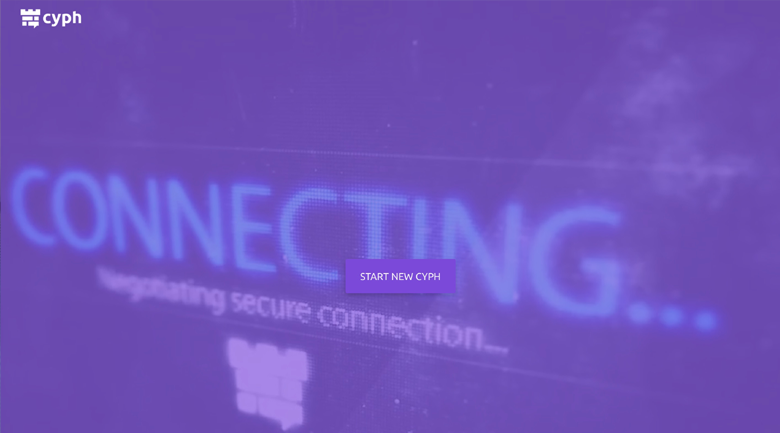“Relentlessly Protecting Your Identity”… sometimes
LifeLock prides itself on protecting its customers from identity theft. The company’s slogan is even “Relentlessly Protecting Your Identity.” However, LifeLock failed on its word when a customer faced an unusual identity-monitoring situation.
![]()
Ex tracked credit card purchases
An Arizona woman discovered that her ex-husband had set up a LifeLock account in her name, equipped with her Social Security number, that allowed him to track all of her credit card purchases.
The couple’s son discovered a five-page spreadsheet on his dad’s computer that documented every credit move the mom had made. The son then brought it to his mom’s attention.
In addition to her financial info, the spreadsheet included the woman’s passwords and answers to her security questions.
“He knew everything I did,” the woman told the Arizona Republic. “I had no idea about all the things he knew.”
Attempts to block futile
Once this was brought to her attention, she logged onto the website and was able to lock her ex out of the account. Following this discovery, the woman sought an order of protection to prohibit her ex husband from “in-person contact with companies or doing so telephonically or cyber stalking,” and from contacting any person about her accounts with “credit card companies, LifeLock, credit agencies, bank accounts, e-mail address, Facebook, etc.”
Company locked her out of the account
The woman successfully contacted the police and the court about the situation, but LifeLock appeared to show no concern. The company did not return her queries about the incident and even tried to block her from accessing the account in an effort to protect the identity of her ex-husband, who was the only one who could close the account.
The runaround
LifeLock continued to give the woman the runaround when they sent her contradicting emails regarding the account’s deletion. The company’s tech support team explained “when an account is cancelled and then reinstated following cancellation, past records from the old profile cannot be retrieved or made available online.”
This was followed by another email that admitted the records were still available “to any law enforcement agency or via a subpoena.”
Lifelock gave in after story broke out
However, when an investigator tried to gain access, they were unsuccessful. The investigator did not receive the information necessary to access the account until after news of the story began to break to the public.
Due to fear of the company’s reputation being tarnished, LifeLock ultimately gave the requested documents to the investigator. They finally apologized to the woman and offered to pay her legal fees.
Moral: back up your claims
While the company eventually wound up doing what they should have done in the first place, this poses a good examination of business ethics. When a company claims that they will work “relentlessly” to protect a customer’s identity, falling back on their word is the ultimate faux pas.
Business owners have a responsibility to their clients and customers, and when they fail to uphold that responsibility everyone suffers.
#IdentityTheft
Staff Writer, Taylor Leddin is a publicist and freelance writer for a number of national outlets. She was featured on Thrive Global as a successful woman in journalism, and is the editor-in-chief of The Tidbit. Taylor resides in Chicago and has a Bachelor in Communication Studies from Illinois State University.









































